The IDDD Data Science students from IIT Madras will have a bachelor’s degree in the major they opted for when they joined, as well as a master’s degree in Data Science, enabling them to apply their Data Science skills to solve problems in their parent discipline. This is a one-of-its-kind interdisciplinary programme in the country, providing students with a solid foundation in both their parent discipline, as well as frontier areas of data science. The graduating students are uniquely trained to fulfil the rapidly increasing need for data science and artificial intelligence professionals in the Indian industry.
Quotes from the associated faculty
Speaking about the importance of Data Science to the nation’s development, Prof. B. Ravindran, Head, Robert Bosch Centre for Data Science and Artificial Intelligence (RBC DSAI), IIT Madras, “Data Science is greatly impacting every discipline and the graduates of this programme, by virtue of their interdisciplinary training, are well equipped to be leaders in a digital world.”
Highlighting the benefits to students, Dr. Nandan Sudarsanam, the course coordinator, and Associate Professor, Department of Management Studies, IIT Madras, said, “In addition to enabling the students with the tools to be more impactful in their respective domains, this program allows students to make lateral shifts in their prospective careers.”
Program Offers
The program is a collaborative effort that spans multiple departments and centres within IIT Madras. The four core courses are offered by faculty from Chemical Engineering, Management Studies, Electrical Engineering, and Computer Science & Engineering. Elective courses are offered from these departments and as well as Biotechnology, Civil Engineering, Engineering Design, Humanities and Social Science and Mathematics. Faculty from all departments in IIT Madras can guide students for their dual degree projects. There are four leading centres within IIT Madras which are affiliated with the program: The Robert Bosch Center for Data Science and AI (RBCDSAI), Initiative for Biological Systems Engineering (IBSE), Amex Lab for Data Analytics, Risk and Technology (DART), and the pCoE in Sports Science and Analytics. Co-guides from industry and other universities (including foreign partnerships) are encouraged.
Enrollment
A B. Tech student or a Dual Degree student of IIT Madras in any discipline is eligible to upgrade/opt for this programme provided the student has a CGPA of 8.0 or above after the 5th semester. Total number of seats will be fixed at 80 and allocation of dual degree specialization and award of the degree will be governed by the rules of the Institute.
Curriculum
The curriculum has a core component spanning across theory and lab courses, which cover the fundamental theoretical concepts of data science as well as the programming tools required. The student is then free to choose electives from a prescribed list. These electives are a mix of advanced algorithmic or theoretical courses and applied data science courses, ranging from reinforcement learning to computational genomics. Depending on the interests of the students one can choose to specialize in a specific application area or acquire a deeper grounding in the fundamentals of data science.
Total Credits required
157
Interdisciplinary DD in Data Science -course curriculum
Semester | Subject | Credits |
VI | Mathematical Foundations for Data Science (Chemical Engineering) | 12 |
VII | Introductions to Data Analytics (Department of Management Studies) | 12 |
VII | Core Lab1: Data Analytics Laboratory (Electrical Engineering) | 6 |
VIII | Core Lab2: Big Data Laboratory (Computer Science and Engineering) | 6 |
ELECTIVE COURSES
36 credits from approved list of electives (beyond core requirements), need to be completed across 7th, 8th and 9th semesters.
Substitutions during travel to foreign universities can be made after approval from the faculty advisor.
For the complete and up-to-date list of approved electives, please visit the official DSAI department website.
Project Requirements
An 85-credit project is expected to be completed over the summer after the 8th semester, and the 9th & 10th semester. Students have the flexibility to also purse internships during the summer and fulfil the summer project during the regular terms or the summer after the 10th semester. In some cases, with the concurrence of the guide, a student’s internship maybe deemed as fulfilling the project requirement if the topics are aligned.
Facilities
The students can access the institute’s HPC Environment, which has a total of 11680 Cores: 30 GPU Accelerators with a performance of 734 TFlops Rmax (1,106 TFlops Rpeak)


Robert Bosch Center for Data Science and AI (RBCDSAI)

Associated Centers:
- Robert Bosch Center for Data Science and AI (RBCDSAI)
- Initiative for Biological Systems Engineering (IBSE)
- Amex Lab for Data Analytics, Risk and Technology (DART)
- pCoE in Sports Science and Analytics
- pCoE in Network Systems Learning, Control, and Evolution
Coordinating Faculty

Balaraman Ravindran (CSE)
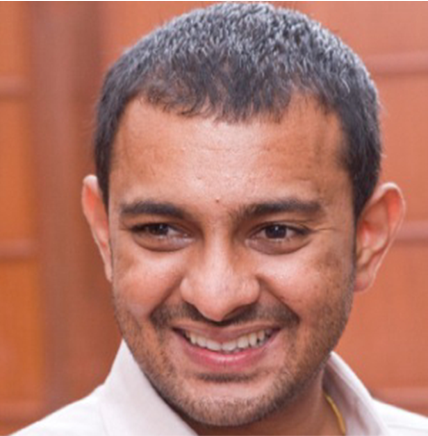
Nandan Sudarsanam (DoMS)
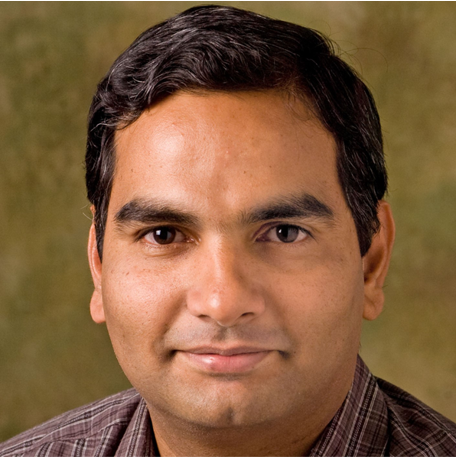
Raghunathan Rengaswamy (ChE)
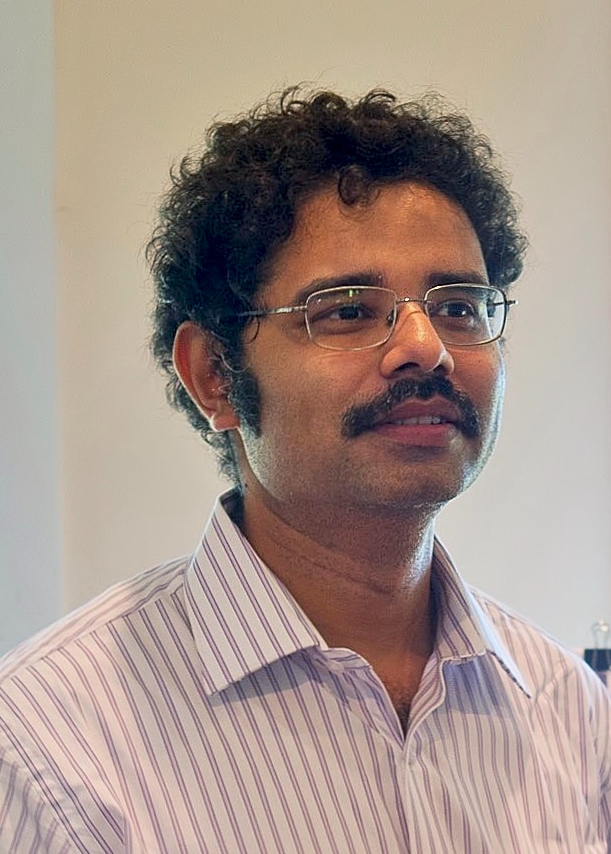
Kaushik Mitra (EE)
Arun Rajkumar (CSE)
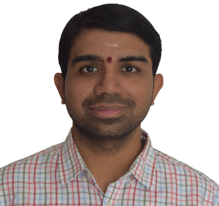
Karthik Raman (BT)
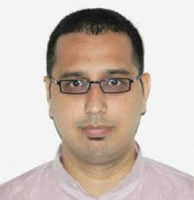
Nirav Bhatt (BT)
Neelesh Upadhye (Mathematics)
Contact Faculty


